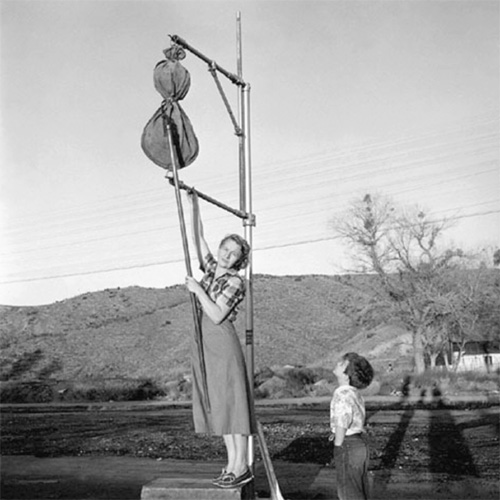
Women in railroading Research deflates the idea that a woman’s place was in the home in the 19th century. In 1838, during the Industrial Revolution when women were already working many jobs outside of the home, railroads employed female car attendants. In the 1800s, the most important breakthrough for women in railroading came when women […]
Read More…
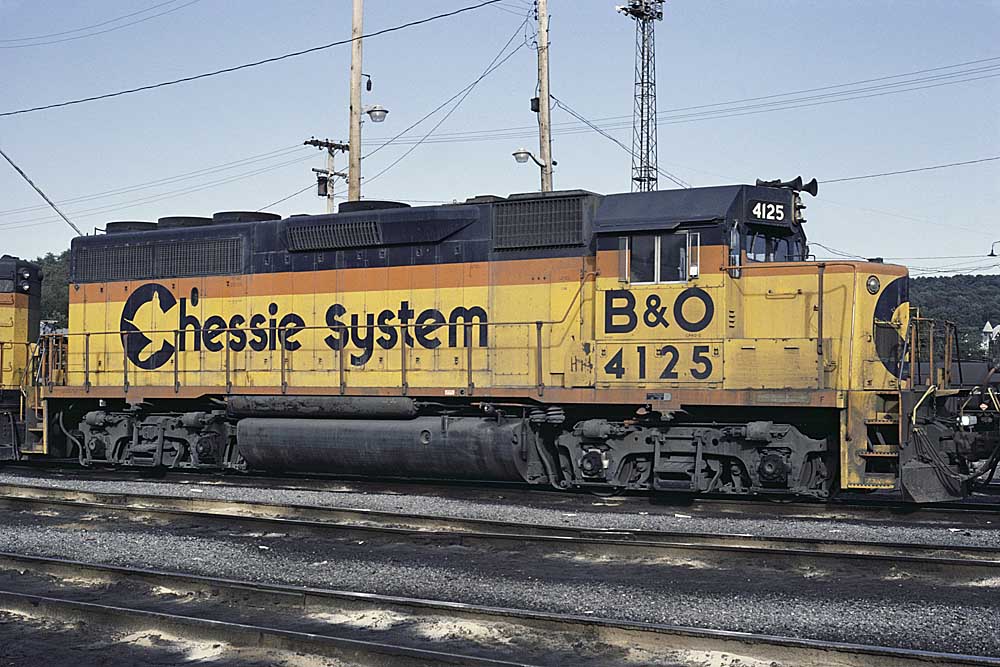
The best-selling Dash-2 EMD diesel locomotives will come as no surprise to diesel locomotive fans. By the late 1960s, the horsepower race had quieted, with 3,000-hp locomotives becoming the norm for fast freight (EMD’s GP40 and SD40, GE’s U30B and U30C) and 2,000 for local service (EMD’s GP38). EMD had successfully introduced a new, […]
Read More…
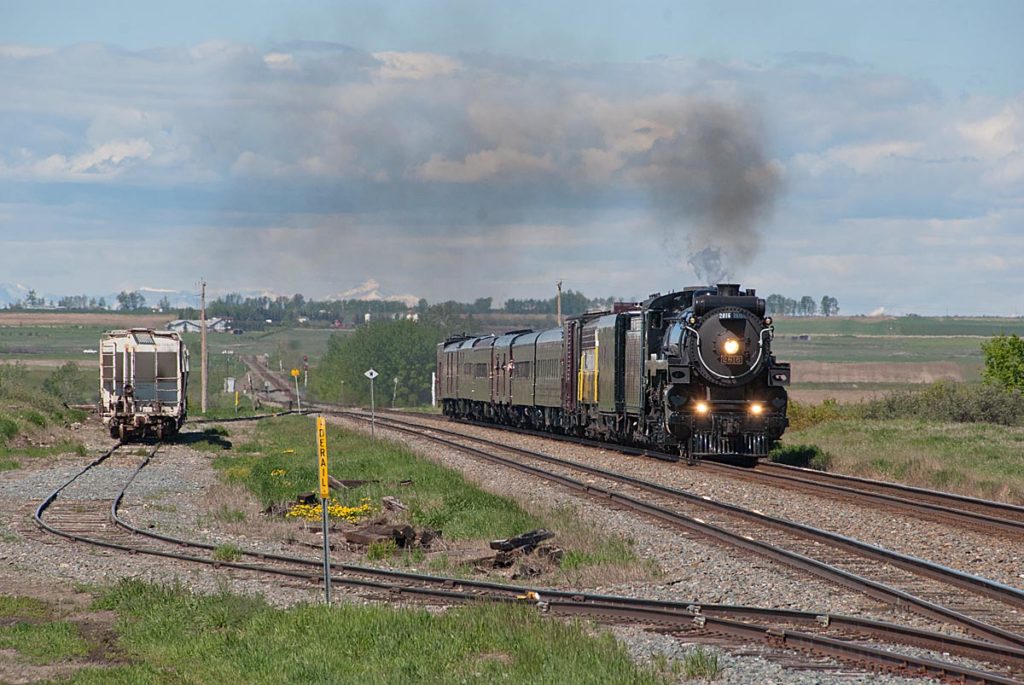
CALGARY, Alberta — CPKC is stoking interest in the revival of Canadian Pacific 4-6-4 Hudson No. 2816, which will set out on a tour this summer to celebrate the CP-Kansas City Southern merger. In social media posts, the railroad this week teased the progress made on the locomotive’s overhaul in preparation for its first outing […]
Read More…
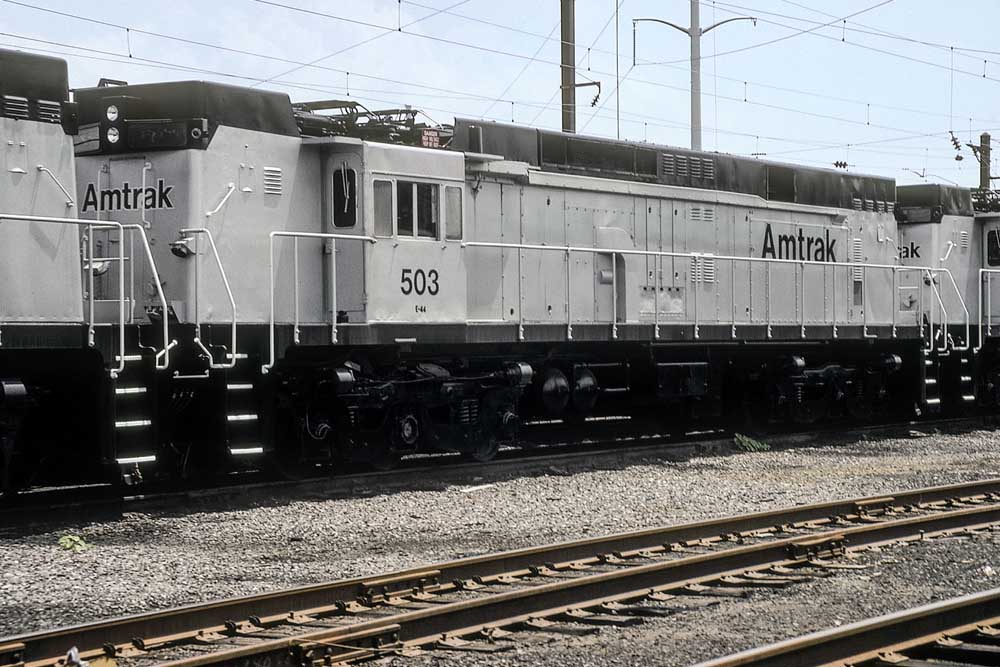
Amtrak E44 electric locomotives are eight roster oddities that likely never turned a wheel in revenue service for the passenger carrier. The Pennsylvania Railroad acquired 66 of the 5,000-hp, six-axle E44 electric locomotives from General Electric, Nos. 4400-4465. Built at Erie, Pa., between 1960 and 1963 the motors were 69-feet, 6-inches long and […]
Read More…
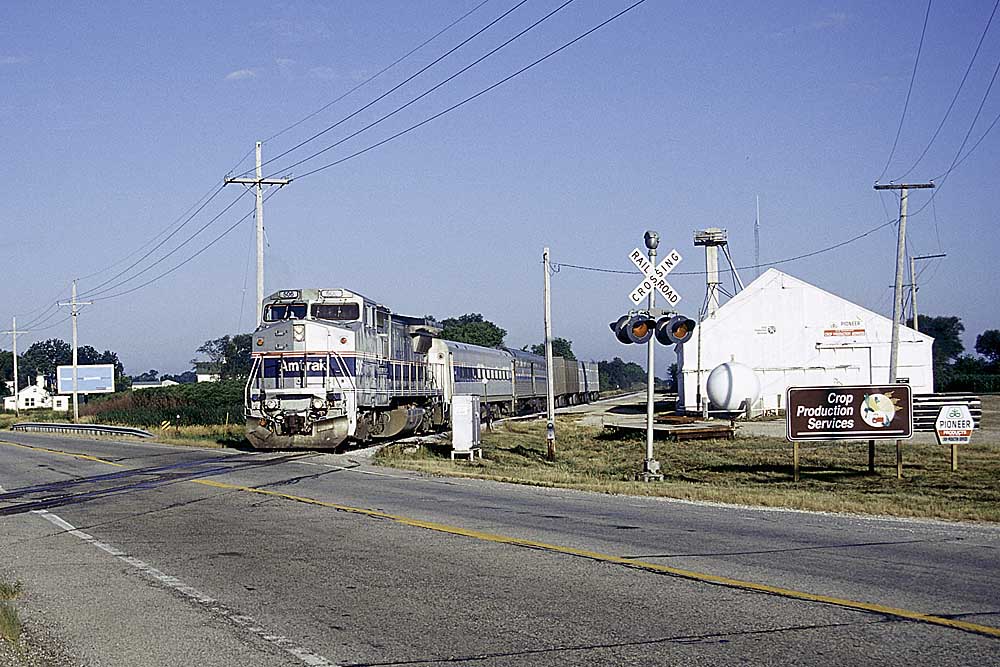
These eight forgotten Amtrak trains are largely unremembered by railfans today. The shortest duration lasted just short of 14 months. Black Hawk The Black Hawk began service on the Illinois Central Iowa Division main line between Chicago and Dubuque, Iowa, on Feb. 14, 1974. It operated at first with Budd Rail Diesel Cars […]
Read More…
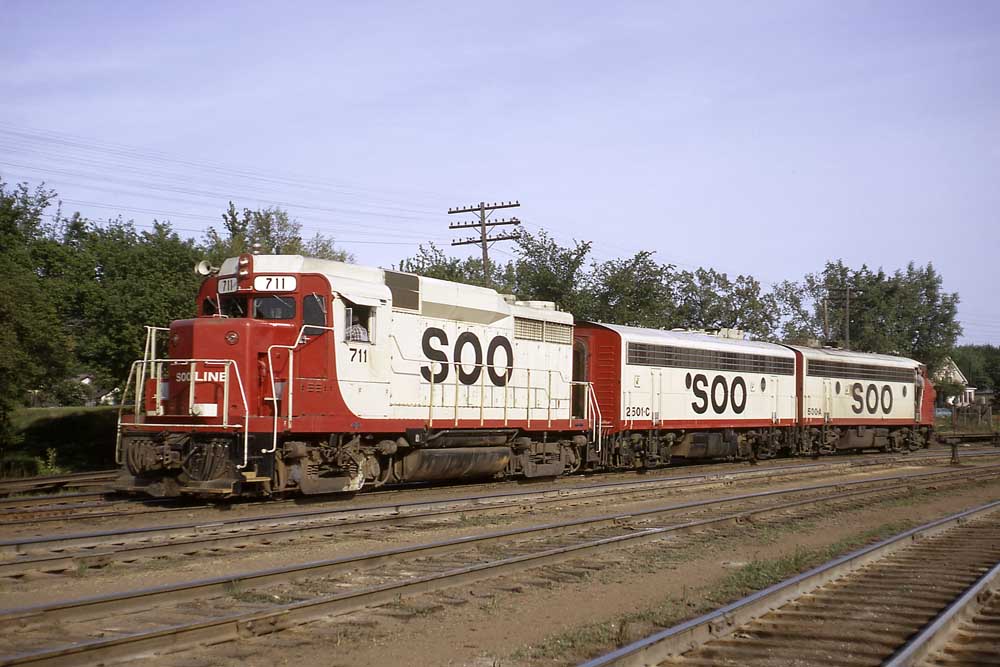
Soo Line diesel locomotives came from four builders and sported two distinctive paint schemes. The Minneapolis, St. Paul & Sault Ste. Marie had long been known by its nickname, the Soo Line. The railroad adopted that name officially in 1961 when it merged the Wisconsin Central and Duluth, South Shore & Atlantic, both […]
Read More…
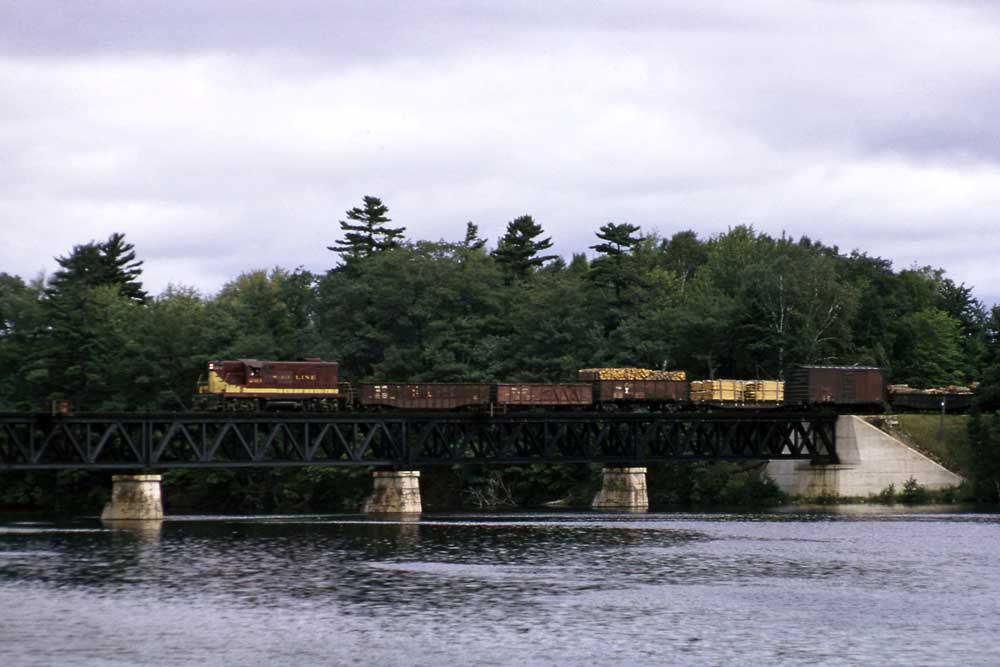
Soo Line history involves numerous subsidiary railroads. Seemingly hidden away in the north-central U.S., the Soo Line and its affiliated Wisconsin Central Railway did not receive the attention lavished on bigger neighbors Chicago & North Western and Milwaukee Road. Soo did not host a streamliner, went freight-only in 1968, and was bought by Canadian Pacific, […]
Read More…
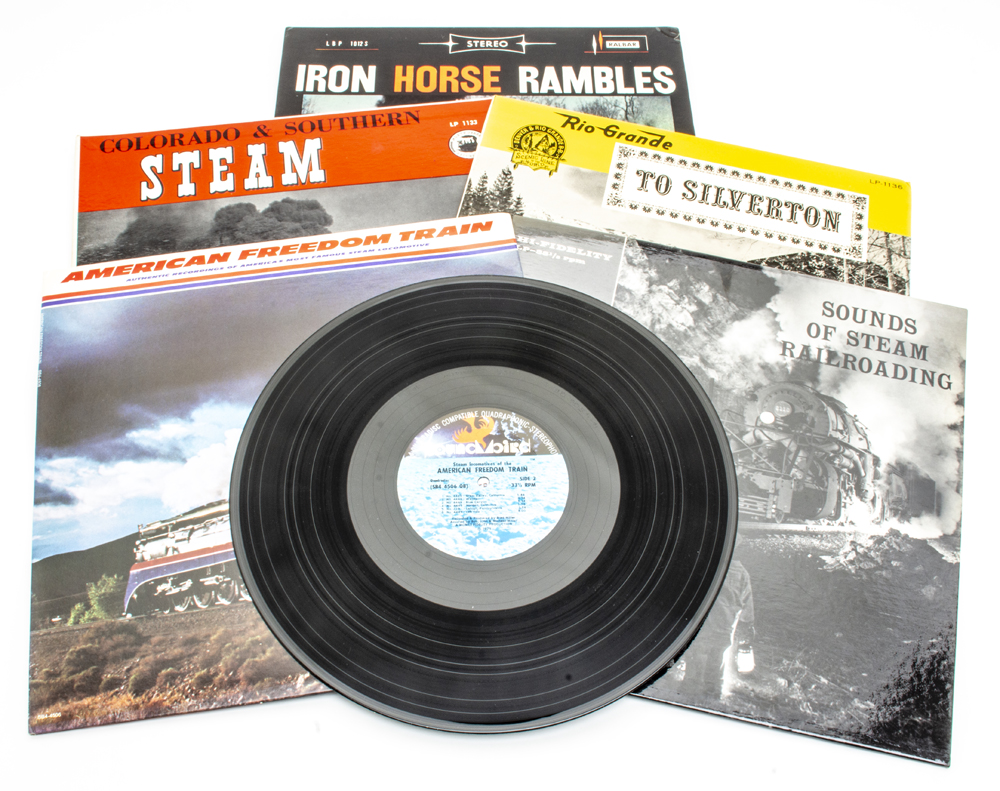
Today, it’s easier than ever to railfan without leaving the comfort of your home. Kalmbach Media is one of several companies that offers DVDs on various prototype subjects. If you prefer seeing trains in real time, you can watch any number of railfan webcams, such as the one Trains magazine has at Rochelle, Ill. This […]
Read More…
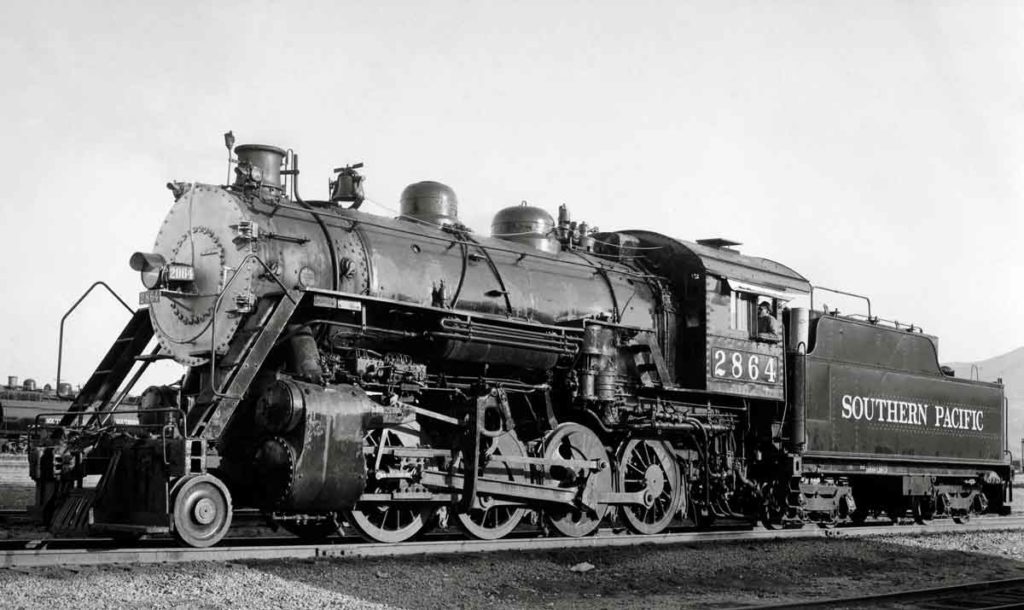
Southern Pacific 2864 was one of eight 2-8-0s transferred to California from SP affiliate Cotton Belt in 1956. Built during 1920–23, SSW’s 36 700-series engines were the road’s top freight power until 4-8-4s came in 1930. SP 2864 stands at San Francisco in April ’56. D. S. Richter photo […]
Read More…
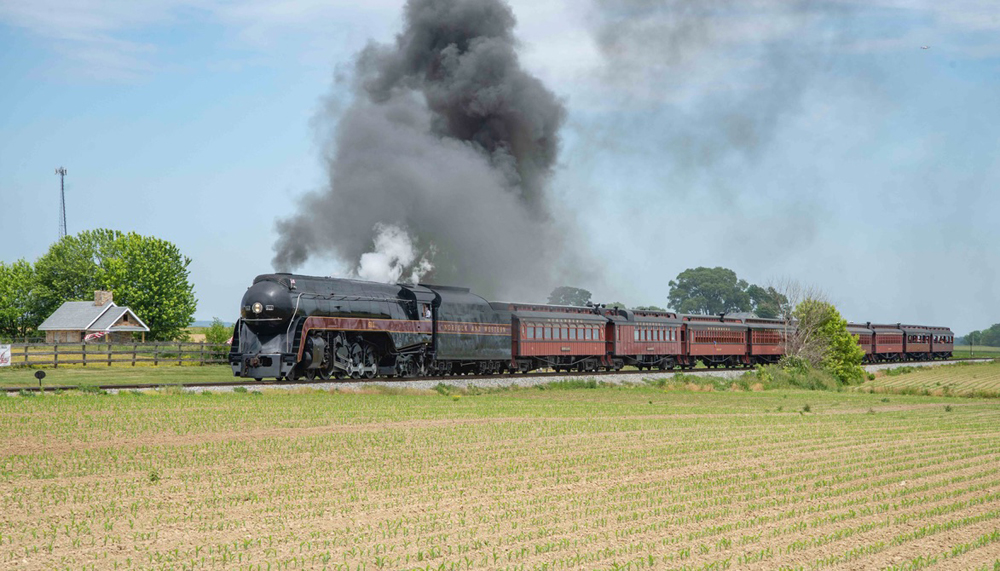
STRASBURG, Pa. — Norfolk & Western J-class 4-8-4 streamlined steam engine No. 611 (Roanoke Shops, 1950) wrapped up a two-year stay at the Strasburg Rail Road tourist and short line over the weekend, and will soon be headed back to its home state of Virginia. Owned by the Virginia Museum of Transportation, the engine had […]
Read More…
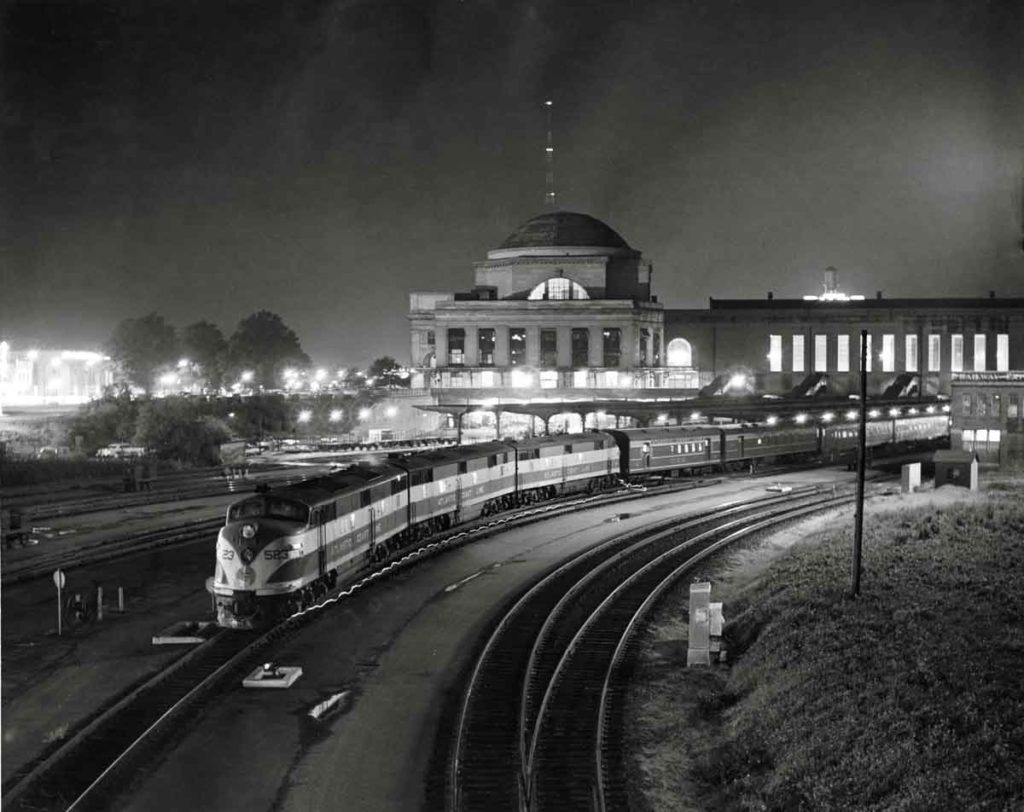
Having arrived from Washington behind Richmond, Fredericksburg & Potomac E8s, the Miami-bound East Coast Champion stands at Richmond’s Broad Street Station with a fresh set of Atlantic Coast Line E units. William D. Middleton photo […]
Read More…
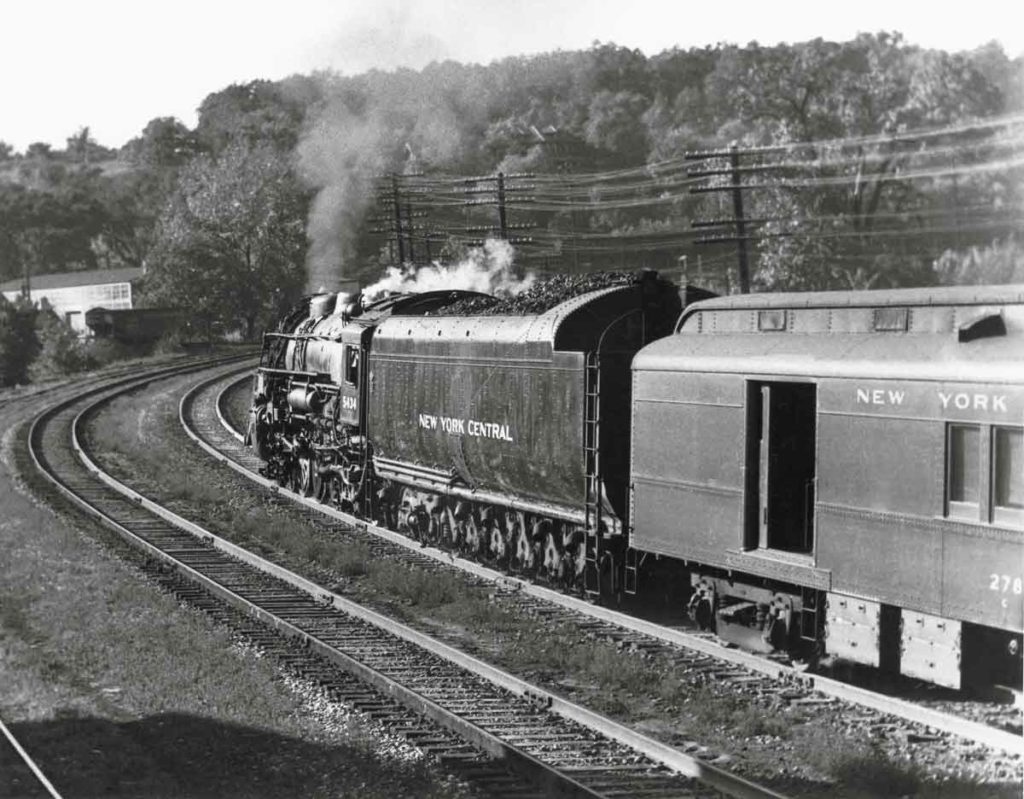
New York Central J-3a Hudson 5435 with a centipede tender departs Ann Arbor, Mich., with the Chicago–Detroit Twilight Limited in mid-1948. Stanley E. Yoder photo […]
Read More…












